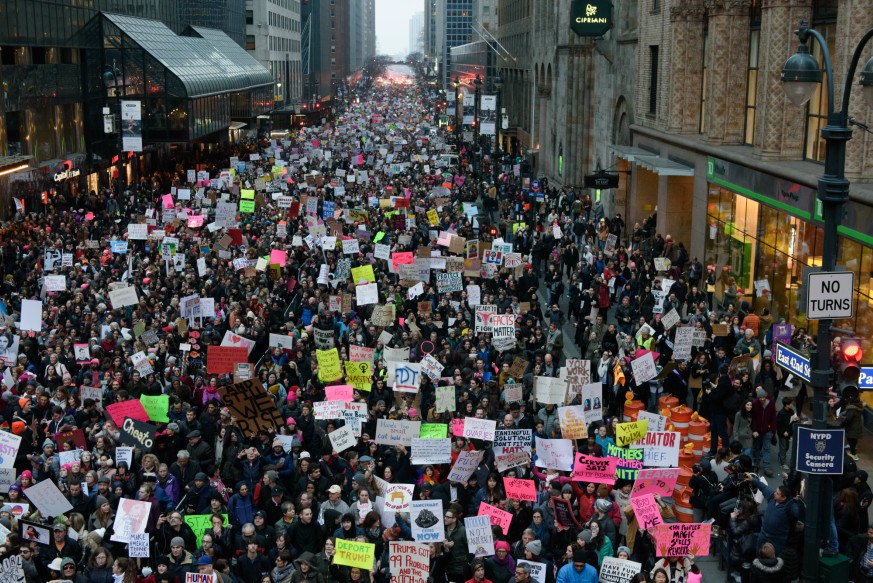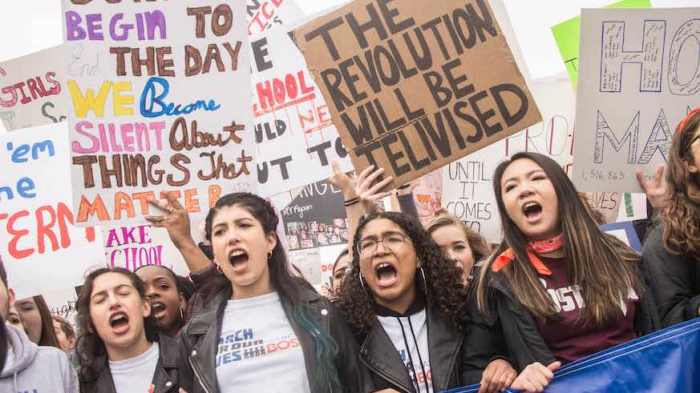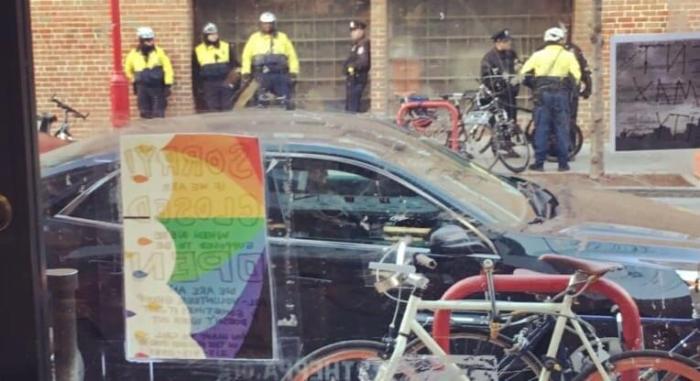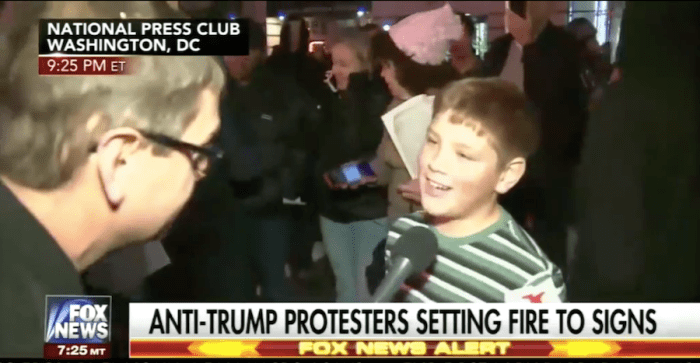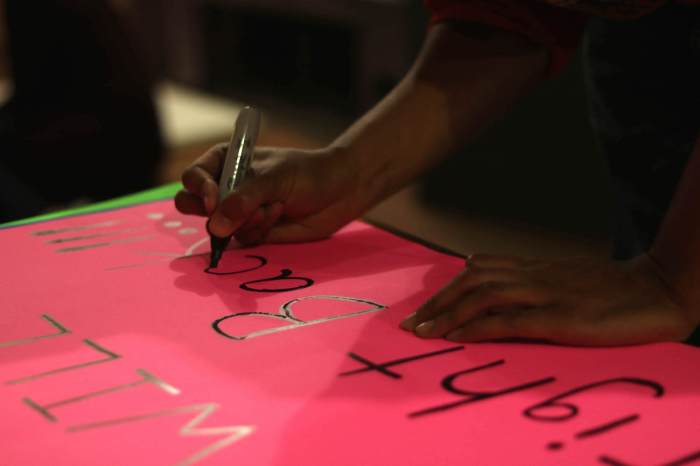As the tumultuous year that was 2017 winds down, activists are looking ahead to the New Year to keep the resistance going.
Organizers have announced that the second annual Women’s March on New York City will take place on Jan. 20, a year after the inaugural Women’s March on Washington and its hundreds of sister marches became the largest coordinated protest in U.S. history with nearly 5 million participants.
Though called the Women’s March, the 2018 protest that starts at Columbus Circle will again demand equality for all humans and raise awareness for environmental issues in the wake of the Trump administration with the near-daily sexual allegations being brought against politicians, celebrities, moguls and the like now added to the mix.
“We must stand together to demand and defend our rights. We will not be silent!” organizers wrote on the march’s website. “Join us, and let your voice echo from the streets of New York City to the capital city. Show the world that red, white and blue are colors of tolerance.”
More than 4,700 people have RSVPed for the Women’s March, with another 30,000 interested in attending, but more will likely show up on Jan. 20 as this year’s inaugural march saw more than 750,000 attendees in New York.
As of today, there does not appear to be another Women’s March on Washington in the works for January.
#MeToo in Manhattan
New York activists will not have to wait until January to make their voices heard on the city’s streets.
On Saturday, Dec. 9, a #MeToo rally will take place in Columbus Circle, named after the hashtag that became a rallying cry after actress Alyssa Milano urged women to use it to speak up to show how common sexual harassment and assault are. However, the movement really began a decade ago, when activist Tarana Burke first created the “Me Too” campaign to reach women of color who were victims of sexual assault.
“Silenced no longer, we rise to give voice to our experience and to change the tide of how sexual abuse victims are treated in America,” organizers wrote on the rally’s Facebook. “Let us stand and be counted together to put an end to smearing anyone who dares to speak out, an end to questioning why we wait so long after our bodies, hearts, souls and psyches first suffered.”
The #MeToo movement ignited after sexual harassment allegations against Hollywood producer Harvey Weinstein surfaced and opened the floodgate not only for women, but also men who have been victimized by predatory behavior and sexual misconduct, to tell their stories.

